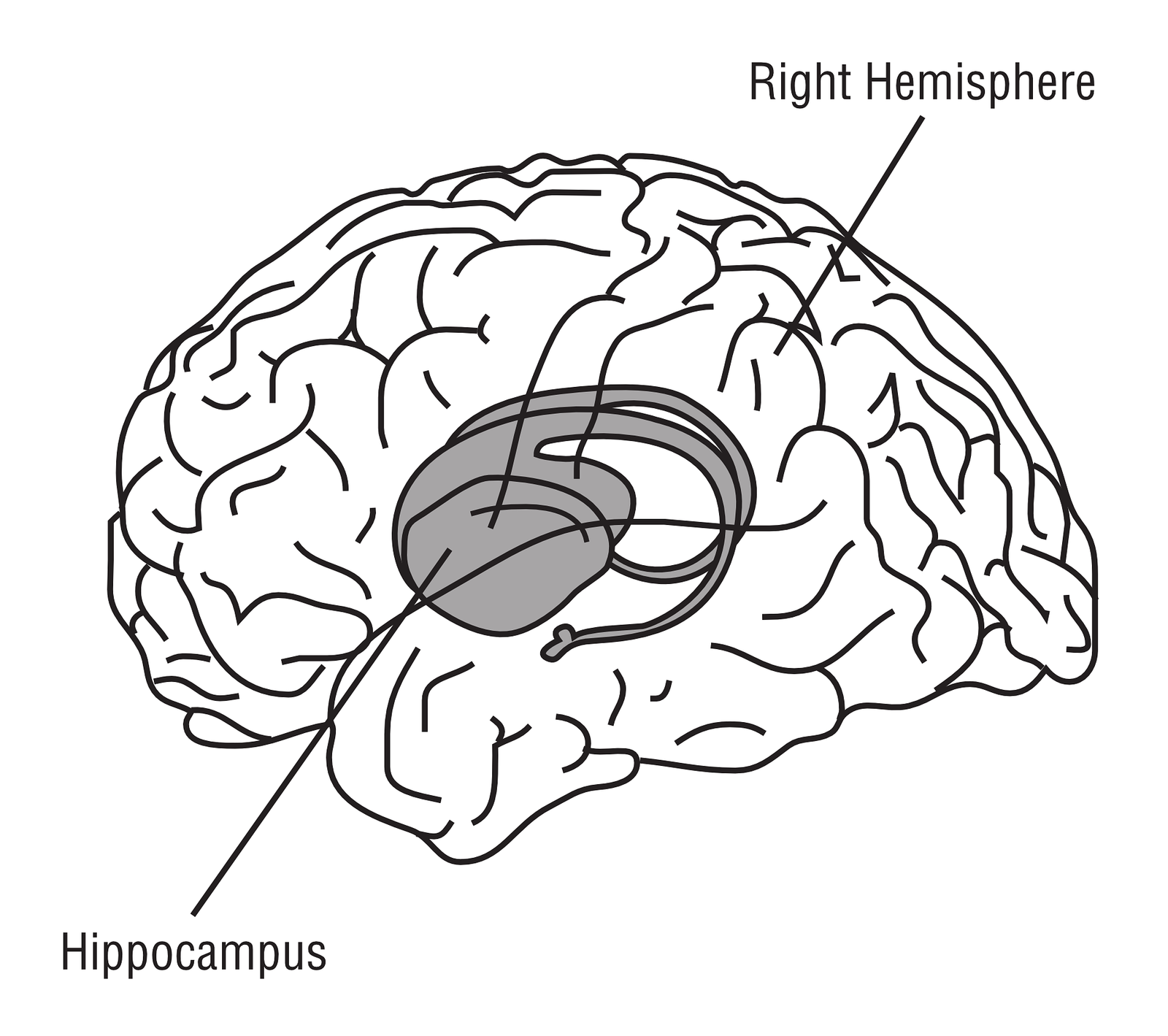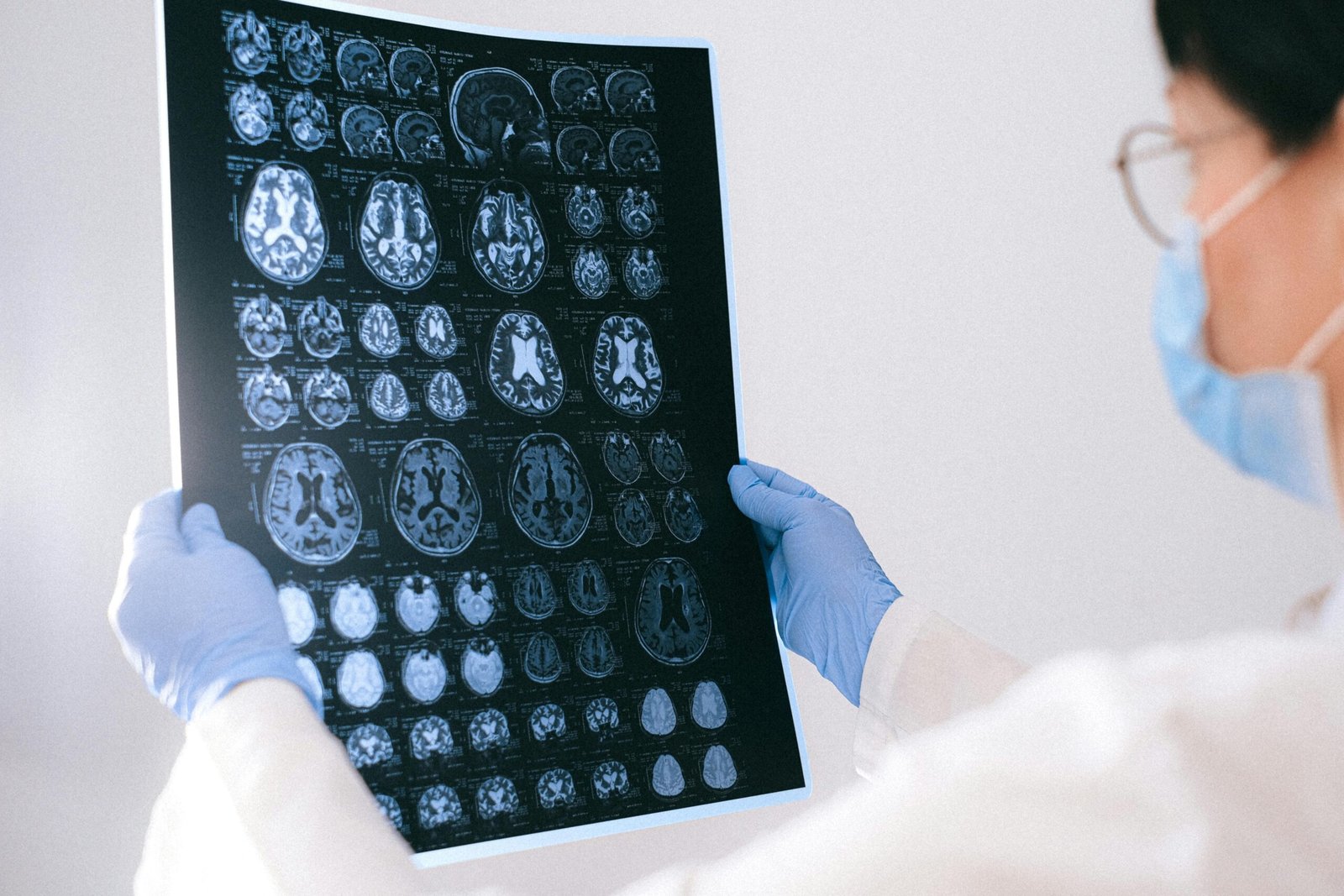Running, a natural and accessible exercise, does more than improve physical health—it nurtures the brain, particularly the hippocampus. This region, critical for memory and learning, is highly sensitive to lifestyle factors, including exercise. Running has emerged as one of the most effective activities to preserve and even enhance hippocampal function. Here’s why lacing up your sneakers can be transformative for your brain health.

The Hippocampus: Your Brain’s Memory Hub
The hippocampus is a small, seahorse-shaped structure in the brain, central to forming and retrieving memories, navigating spaces, and learning new information. Unfortunately, it is also vulnerable to stress, aging, and neurological conditions like Alzheimer’s disease.
Research shows that regular aerobic exercise like running can protect the hippocampus from decline and even promote its growth, making it a critical tool for lifelong cognitive health.

How Running Strengthens the Hippocampus
- Fuels Neurogenesis
Running stimulates the production of new neurons in the hippocampus, a process called neurogenesis. This is largely driven by increased levels of Brain-Derived Neurotrophic Factor (BDNF), often referred to as “fertilizer for the brain.” High BDNF levels help preserve existing neurons and foster the growth of new ones, enhancing memory and learning. - Improves Blood Flow
Aerobic exercise boosts cardiovascular health, which directly benefits the brain. Increased blood flow delivers essential nutrients and oxygen to the hippocampus, fostering a healthier neural environment. - Lowers Stress Hormones
Chronic stress and elevated cortisol levels can shrink the hippocampus. Running acts as a natural stress reliever, reducing cortisol levels and protecting brain structure and function. - Boosts Synaptic Plasticity
Synaptic plasticity—the ability of the brain to adapt and form new connections—is vital for learning and memory. Running enhances this adaptability, allowing the hippocampus to efficiently process and store information. - Counters Age-Related Decline
Regular running helps slow age-related hippocampal shrinkage. This preservation supports memory retention and cognitive function well into older age.

Scientific Insights
- Animal Studies:
Research in The Journal of Neuroscience shows that running increases neurogenesis and improves memory in rodents. Mice that exercised performed better on memory tasks compared to sedentary counterparts.- You can read the fascinating study here- [Exercise Enhances Learning and Hippocampal Neurogenesis in Aged Mice]
- Human Studies:
A landmark study published in PNAS found that older adults who engaged in moderate-intensity aerobic exercise experienced a 2% increase in hippocampal volume, effectively reversing age-related decline by one to two years. This growth was linked to improved spatial memory.- You can real the original article here [Exercise training increases size of hippocampus and improves memory]
- Expert Perspectives:
Neuroscientist Dr. Andrew Huberman highlights running as a powerful way to boost hippocampal health through consistent aerobic activity, emphasizing its role in producing BDNF and enhancing cognitive resilience.

Practical Tips for Incorporating Running into Your Routine
- Start Small: Begin with light jogging or brisk walking, gradually increasing your pace and duration.
- Keep It Varied: Mix steady-state runs with interval training to keep things engaging.
- Prioritize Recovery: Ensure you get adequate rest and sleep to support brain recovery and maximize benefits.
- Set Goals: Having clear, achievable goals—whether it’s distance, frequency, or speed—can keep you motivated.
Latest Scientific Findings
1. Aerobic Exercise and Hippocampal Growth
A pivotal study published in Proceedings of the National Academy of Sciences (PNAS) sheds light on the profound impact of aerobic exercise on hippocampal health and memory in older adults. Conducted over a year, this randomized controlled trial included 120 participants who performed moderate-intensity aerobic exercises three times weekly, while the control group engaged in stretching and toning activities.
Key findings:
- Hippocampal Volume Growth: Participants in the aerobic exercise group experienced a 2% increase in hippocampal size, reversing age-related shrinkage by 1–2 years.
- Memory Boost: Improvements in spatial memory correlated with hippocampal growth.
- BDNF Elevation: Aerobic activity significantly increased serum levels of Brain-Derived Neurotrophic Factor (BDNF), crucial for fostering neurogenesis in the hippocampus.
This study highlights aerobic exercise as an effective and accessible strategy to combat memory decline and hippocampal shrinkage in aging populations.
You can read the original article here- Exercise training increases size of hippocampus and improves memory and Exercise training increases size of hippocampus and improves memory
2. Exercise, Memory, and Neuroimmune Modulation in Aging Rats
Published in Brain, Behavior, and Immunity (2013), this study explored the effects of daily running on hippocampal neurogenesis, cognition, and immune modulation in aging male F344 rats. Over 12 weeks, the rats engaged in daily exercise routines before being evaluated on hippocampus-dependent memory tasks like the water maze and inhibitory avoidance tests.
Key findings:
- Enhanced Memory: Exercising rats exhibited better immediate and delayed memory compared to sedentary ones.
- Neurogenesis Stimulation: Daily running significantly increased the production of new neurons in the hippocampus.
- Cytokine Modulation: Exercise lowered serum leptin, cortical VEGF, and hippocampal IL-1β levels—factors negatively correlated with memory performance and neurogenesis. It also elevated hippocampal IL-18 and GRO-KC levels, positively linked to neurogenesis.
This study underscores the role of physical activity in improving cognitive function in aging through its impact on neurogenesis and immune pathways.
You can read the original article here- Daily exercise improves memory, stimulates hippocampal neurogenesis and modulates immune and neuroimmune cytokines in aging rats
3. High-Impact Running and Cognitive Learning
In a study featured in Neurobiology of Learning and Memory (2007), researchers investigated the immediate cognitive benefits of different types of exercise, focusing on vocabulary acquisition. Using a randomized crossover design, 27 participants engaged in high-intensity anaerobic sprints, moderate-intensity aerobic running, or rest before completing vocabulary learning tasks.
Key findings:
- Faster Vocabulary Acquisition: Learning was 20% faster after high-intensity anaerobic exercise than moderate exercise or rest.
- Neurochemical Activation: High-impact running significantly increased levels of BDNF and catecholamines (dopamine, epinephrine, norepinephrine).
- Neurochemical Correlations: Sustained BDNF levels were linked to short-term learning gains, while dopamine and epinephrine were associated with intermediate and long-term retention, respectively.
This research highlights the immediate cognitive benefits of intense exercise and the critical role of neurotrophic and catecholaminergic activity in enhancing learning outcomes.
You can read the original article here- High impact running improves learning
These findings provide compelling evidence for the transformative effects of running and other aerobic exercises on hippocampal health and cognitive performance.
You can read some other interesting articles on this topic here-
- Exercise can boost your memory and thinking skills
- Regular exercise changes the brain to improve memory, thinking skills
- The Truth Behind ‘Runner’s High’ and Other Mental Benefits of Running
Expert Video Insights
Why Neuroscientists Love Running
Video by Mark Hyman, MD (The Dr. Hyman Show)
In this enlightening minisode, Dr. Mark Hyman explores the connection between physical activity, particularly running, and cognitive and physical well-being. He interviews three renowned experts who share their insights on the profound impact of exercise on brain health and longevity.
- Specialization: Neurologist and Alzheimer’s expert.
- Core Insight: Proactive measures like running and a balanced diet can significantly reduce the risk of cognitive decline. Dr. Sabbagh underscores the importance of consistent physical activity in preserving brain health.
- Specialization: Psychiatrist and brain imaging researcher.
- Core Insight: Exercise, especially running, enhances brain function by increasing blood flow and stimulating neurogenesis. These effects support cognitive resilience and memory retention.
- Specialization: Age-management and cardiovascular health.
- Core Insight: Cardiovascular health, strengthened through running, directly influences brain vitality and longevity, making it a key factor in maintaining an active and thriving mind.
Key Takeaways:
- Exercise combats the notion that cognitive and physical decline is unavoidable with age.
- Running nurtures traits like curiosity and openness, fostering better physical activity in later years.
- Regular running is an accessible strategy to enhance cardiovascular and neurological health, promoting overall well-being at any age.

Running: A Holistic Approach to Brain Health
Running benefits more than just the hippocampus. It reduces inflammation, boosts mood, and improves overall brain function. Paired with mindfulness practices, a balanced diet, and sufficient rest, running becomes a cornerstone of a holistic brain health strategy.
Conclusion
The hippocampus plays a critical role in shaping who we are by storing memories and facilitating learning. Running is one of the simplest yet most effective ways to preserve and enhance its function. Whether you’re looking to maintain a sharp mind, reduce stress, or embrace a healthier lifestyle, running offers benefits that extend far beyond the track or trail.
Take the first step today—your brain will thank you tomorrow.

